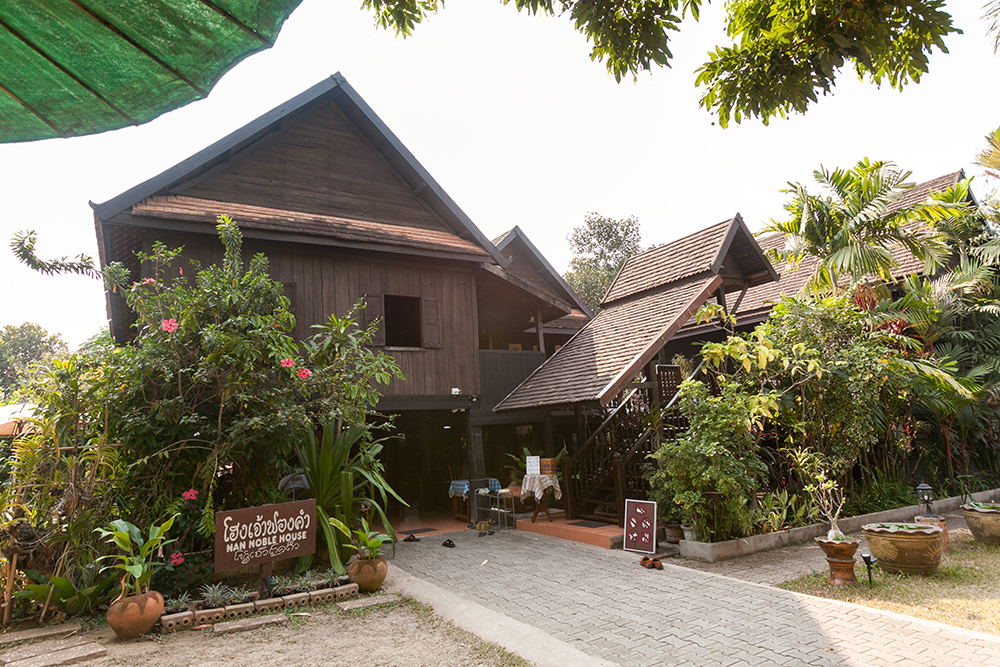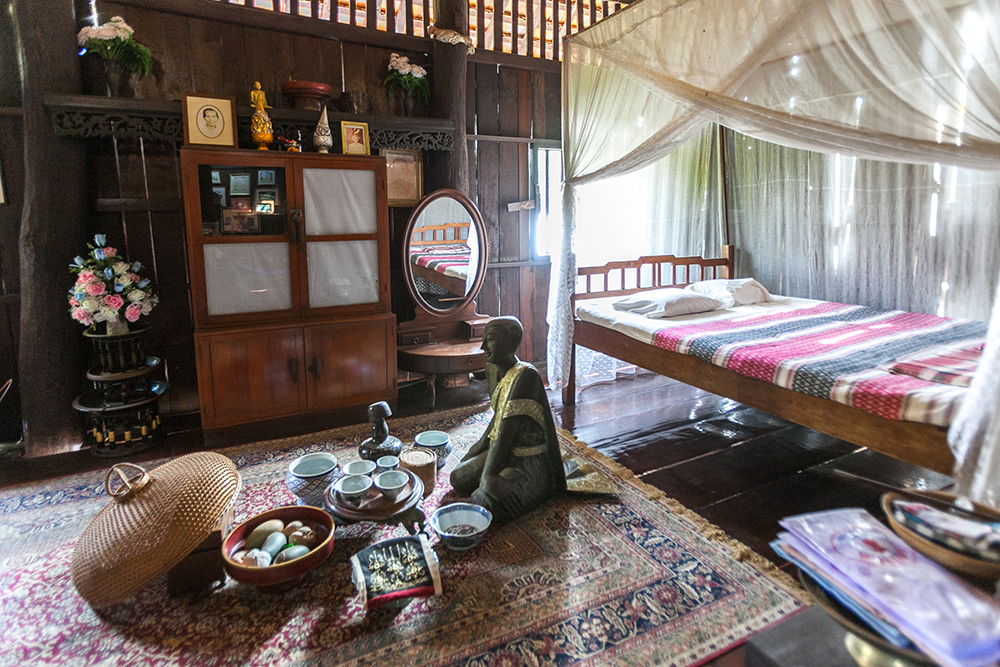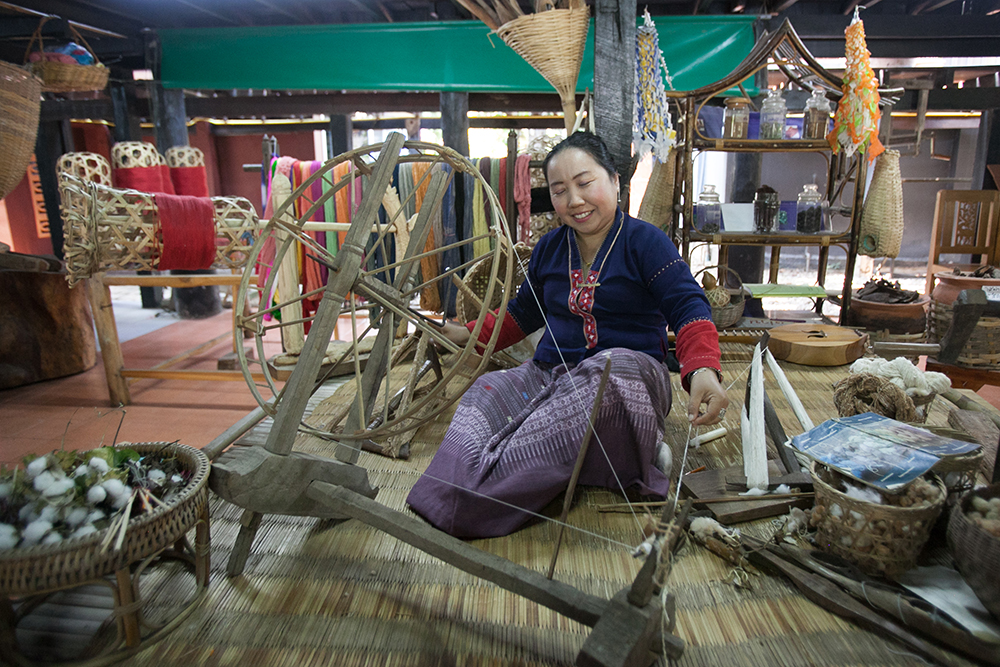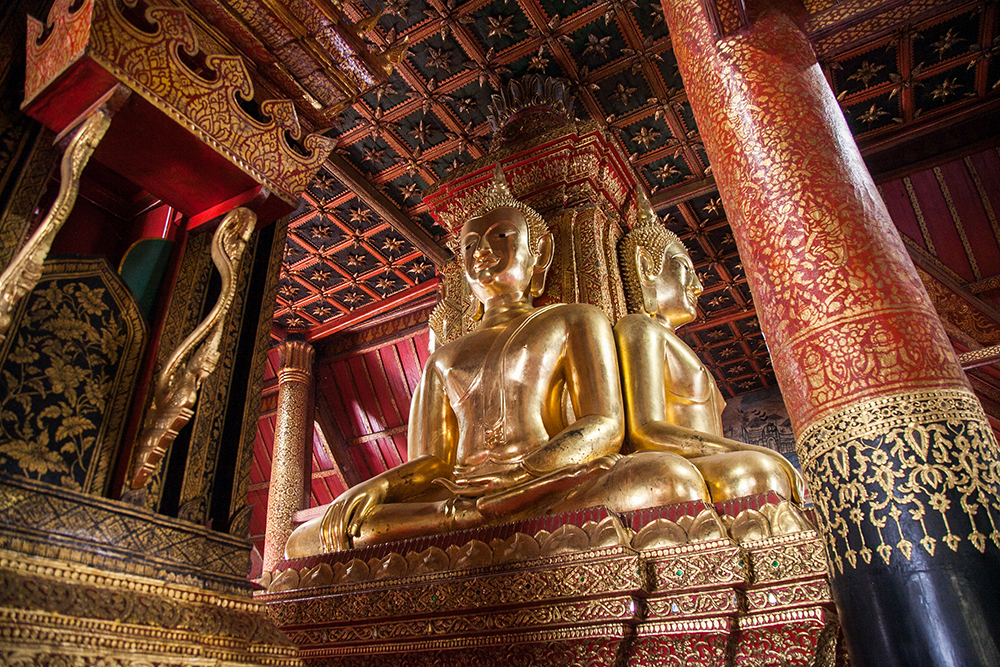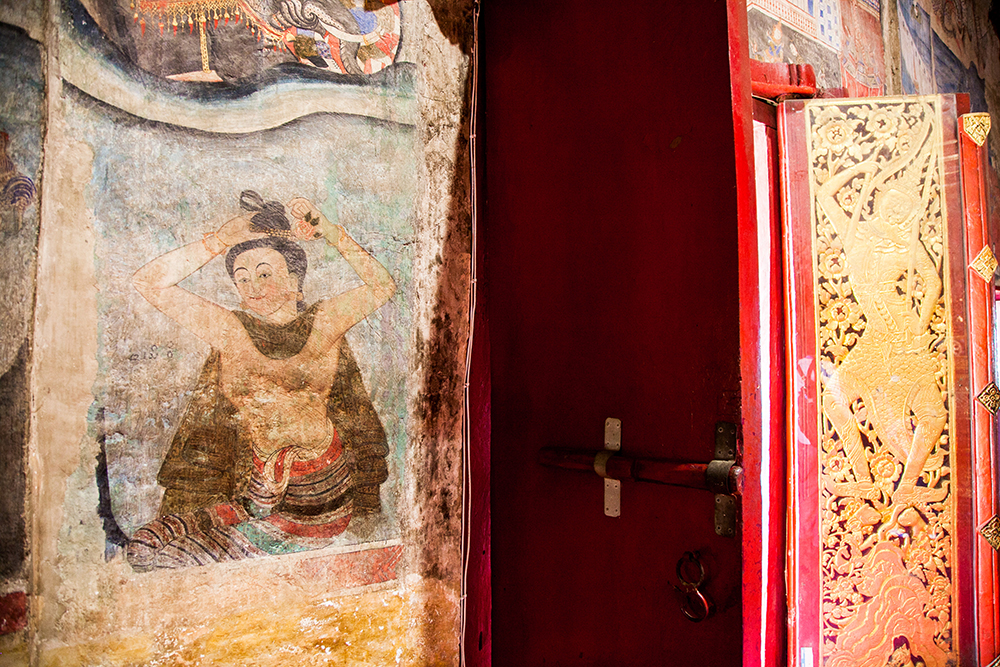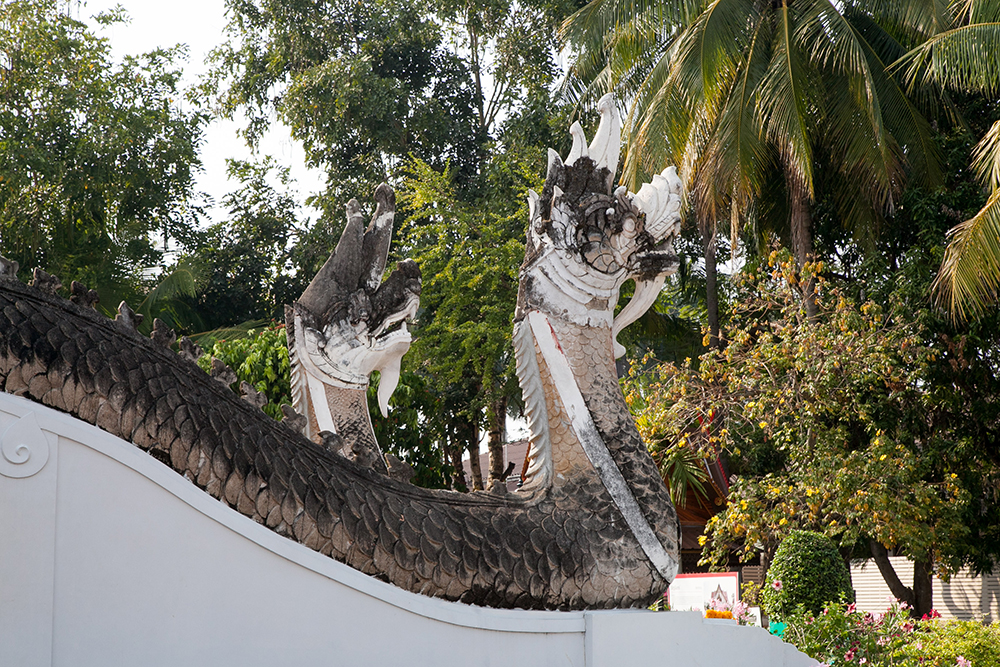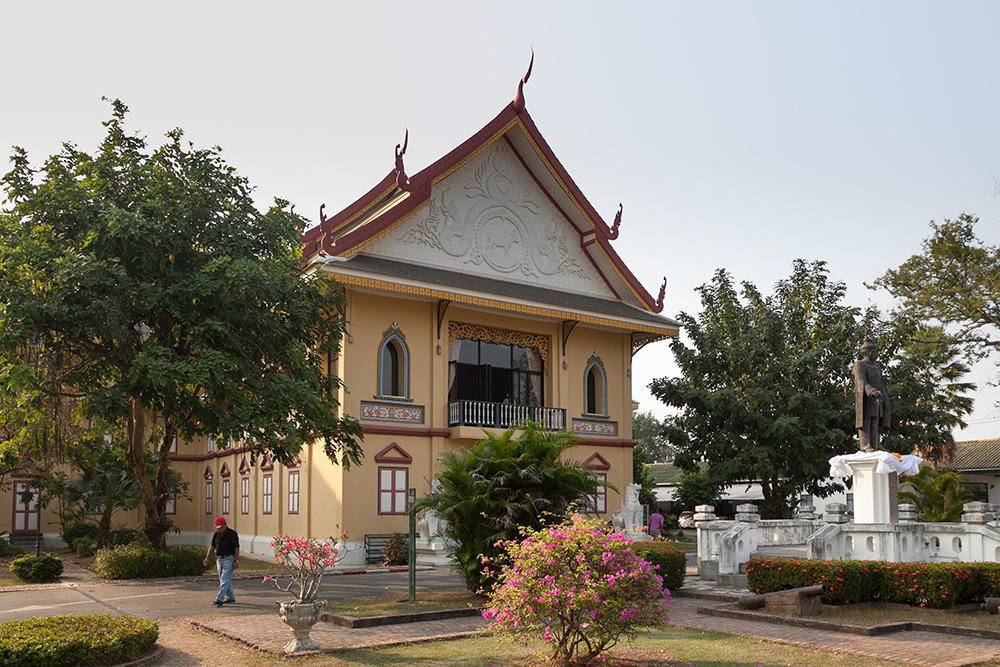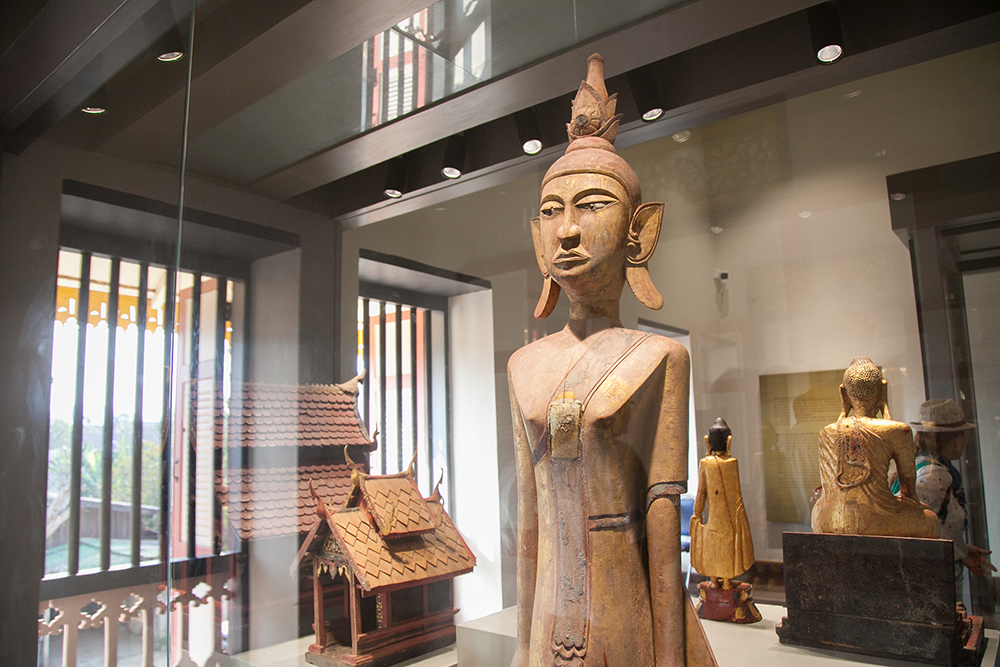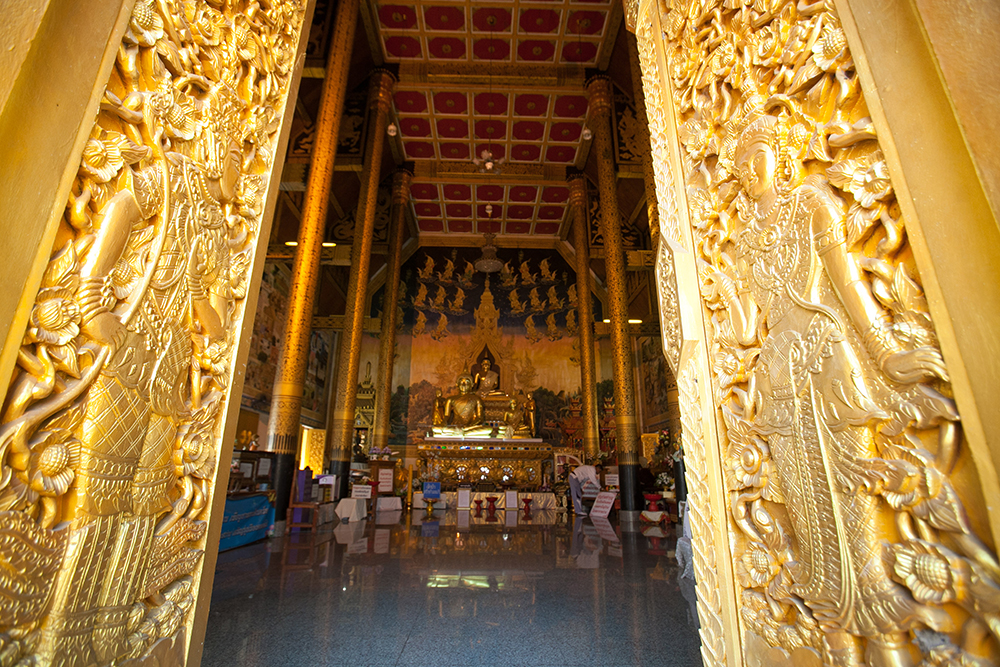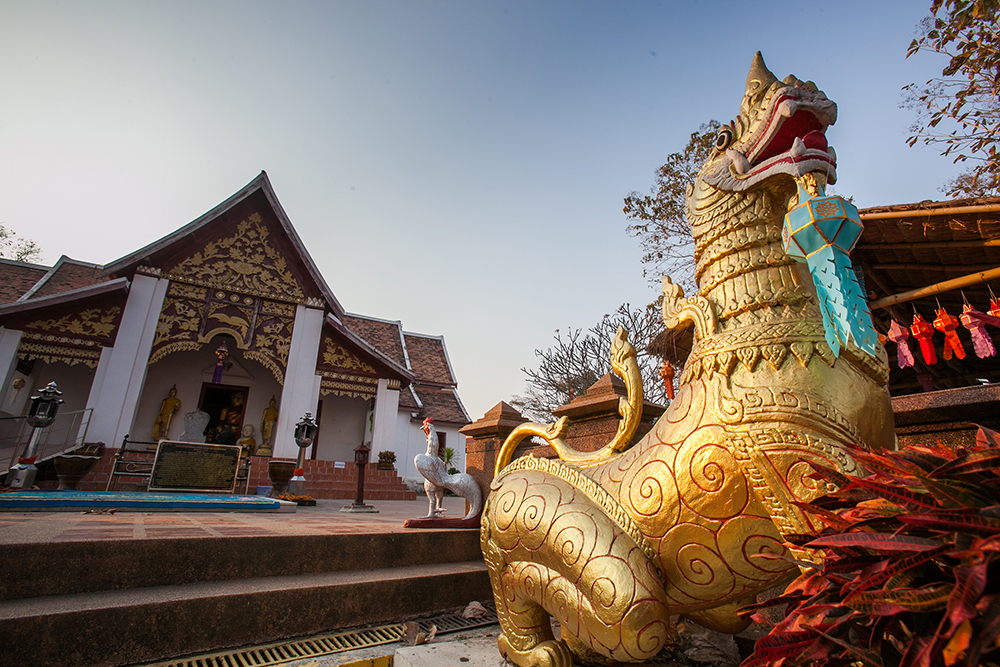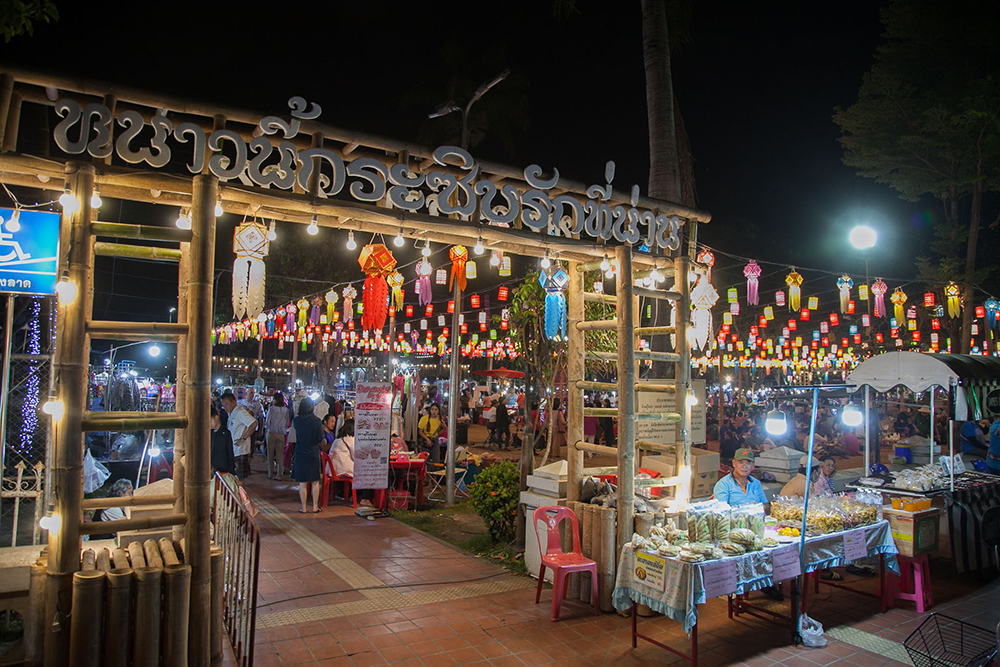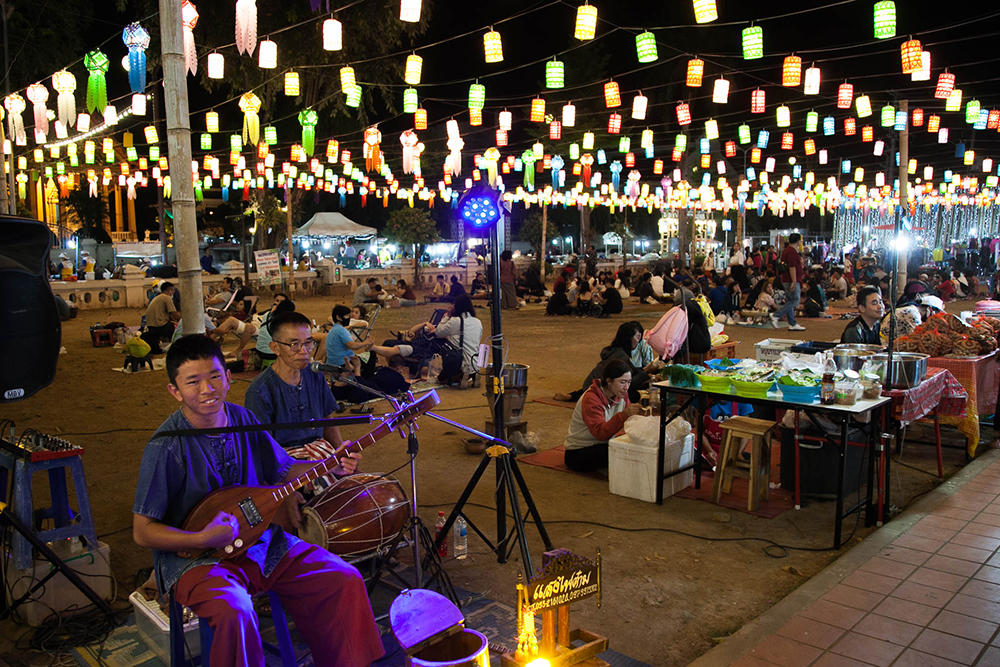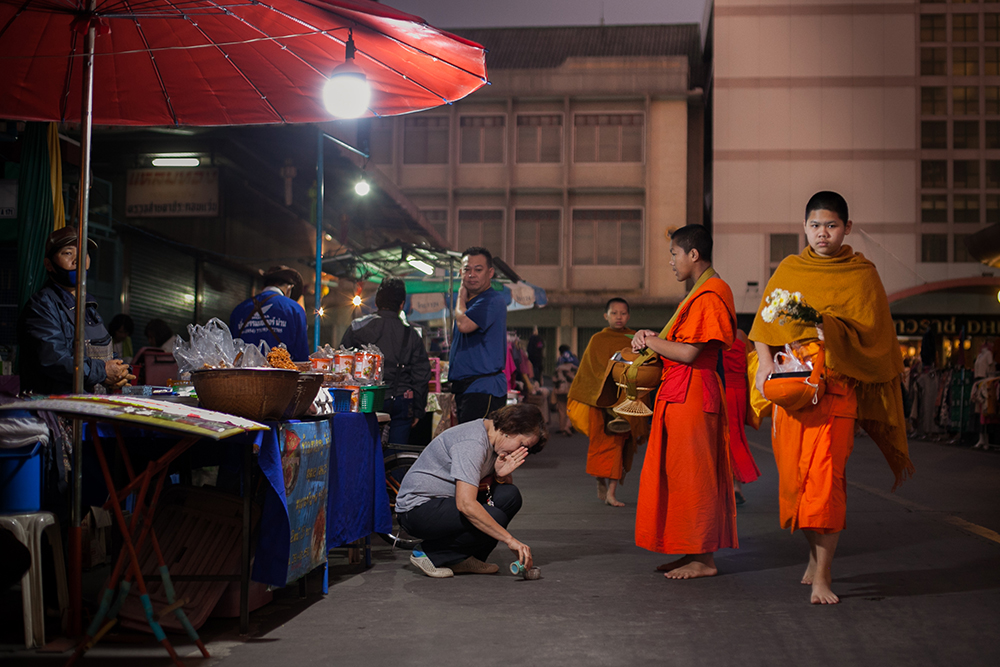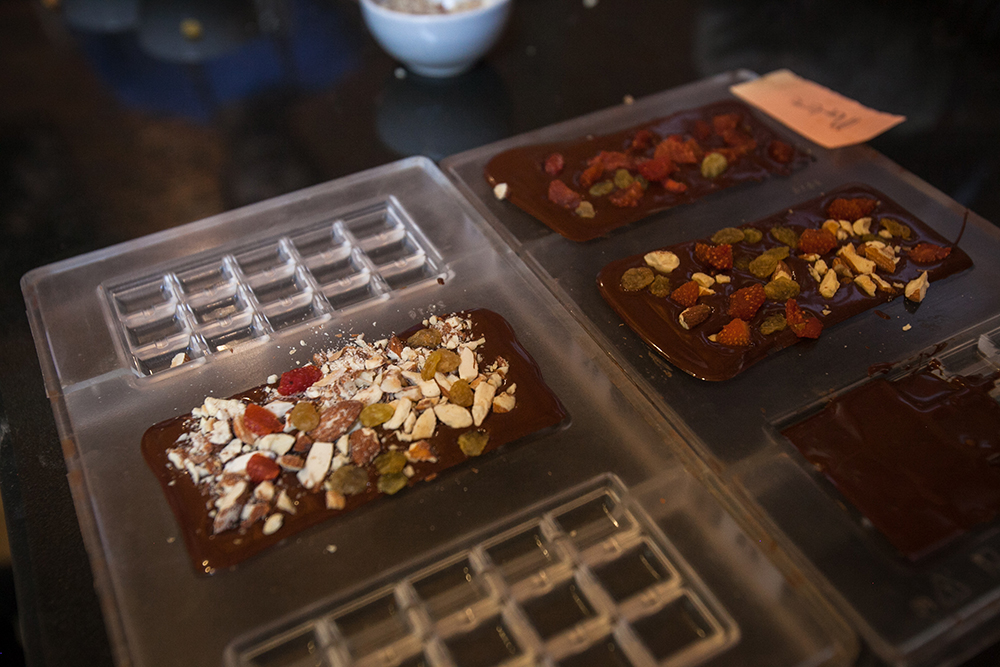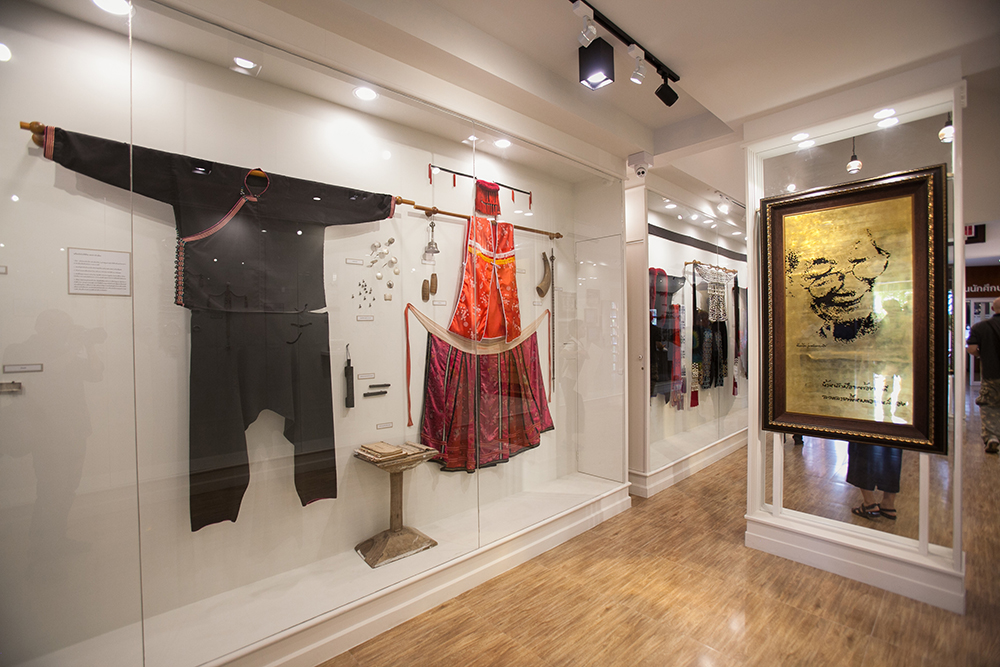
Nan, located in the most eastern part of Northern Thailand in the valley of its namesake river, is a picturesque and fast-growing town with a unique historical perspective. Forty years ago, it was considered a wild part of Thailand, and at times off-limits for travel.
Today, it is fast becoming more renown in the mainstream tourism consciousness – no longer the hidden destination reserved only for the most intrepid of backpackers. Nan’s ancient temples in Tai Lue style with beautiful murals, green mountains and indigenous communities are starting to attract more domestic Thai travellers and foreign tourists alike.
Fortunately, what makes it so lovely is also being protected from the over-development occurring in other tourist destinations in Thailand, and Nan (for now) retains its identity as a lovely town with a slow life groove. Most travellers combine a trip to Nan with the neighbouring Phrae, with overland travel from either destination.
Upon arrival in Nan, having a riverside meal next to the Nan River that flows through the middle of town is an ideal prelude. After that, it should be a non-stop hit parade of attractions and activities that is the root of Nan’s recent surge in popularity. There really is a lot to do in Nan.
A simple itinerary in Nan can start out at the Noble House (House of Chao Fongkham), a rustic teak house in classic Northern Thai style, where the rooms have now been converted into a museum featuring household items from 150 years ago. Now occupied by Chao Fongkham’s children, under the house there are weaving and sewing demonstrations and handicraft classes.
Next stop is Wat Phumin. This temple is famous for its murals – particularly ‘The Whisperer’ – a painting depicting a husband whispering presumably sweet nothings into his wife’s ear. ‘The Whisperer’ has over time become the symbol of Nan, and visitors can find it on just about every souvenir.
Nearby is the Nan National Museum. Built in 1903 it was the vintage palace of Nan’s last two feudal lords and was first opened in 1973. It is one of Thailand’s better provincial museums featuring exhibits on Nan’s ethnic minorities, local history and Thai Buddhism making it well worth a visit.
As earlier mentioned, temples are an important component of any Northern Thailand experience, and Nan has an impressive collection with historical relevance.
Wat Ming Muang was founded in 1857 and also houses the Nan City Pillar. The interior of Wat Sri Panthon is painted from top to bottom with scenes depicting the story of Nan. While Wat Phrathat Khao Noi is the newest and possibly the most famous of them all. This temple is located two kilometres out of town on a hill overlooking Nan and is famous for its very Instagramable walking Buddha statue. Clear skies also offer stunning sunrise views over the town and its surrounding area.
Nan Night Market is a hive of activity come evening and is one of the best places to shop and eat in Nan. It is superb, running the entire length of Nan’s main street. The Market is divided into two sections – the first part has clothes, silk, souvenirs and handicrafts for sale while the second part focusses completely on food.
And it’s worth getting up early to catch the Nan Morning Market. Many hill tribes come down from the mountains to sell a variety of home-grown vegetables. There are also numerous monks out making their rounds to receive alms from local Thais that makes for a great photo opportunity.
After that, there may be stops at a cocoa farm where you can make your own chocolate followed by a chance to see first-hand how silver jewellery is produced at the Doi Silver Factory.
When heading out of town, the Nan Riverside Art Gallery makes for a perfect last attraction. Located on the bank of the Nan River, it is right off the highway about 20 kilometres from Nan city. It functions as a centre of Nan province’s art and culture and was founded by a famous Thai artist who is a native of Nan.
It just goes to show there is much more to Nan than meets the eye. Simply put, it is the Thailand many visitors dream about. It is a vibrant historical and cultural gem that is quickly being discovered by a new generation of travellers.
